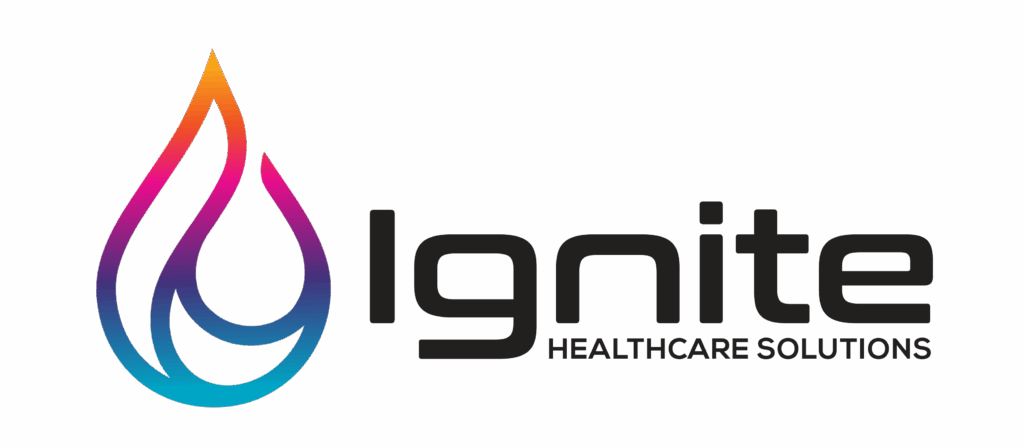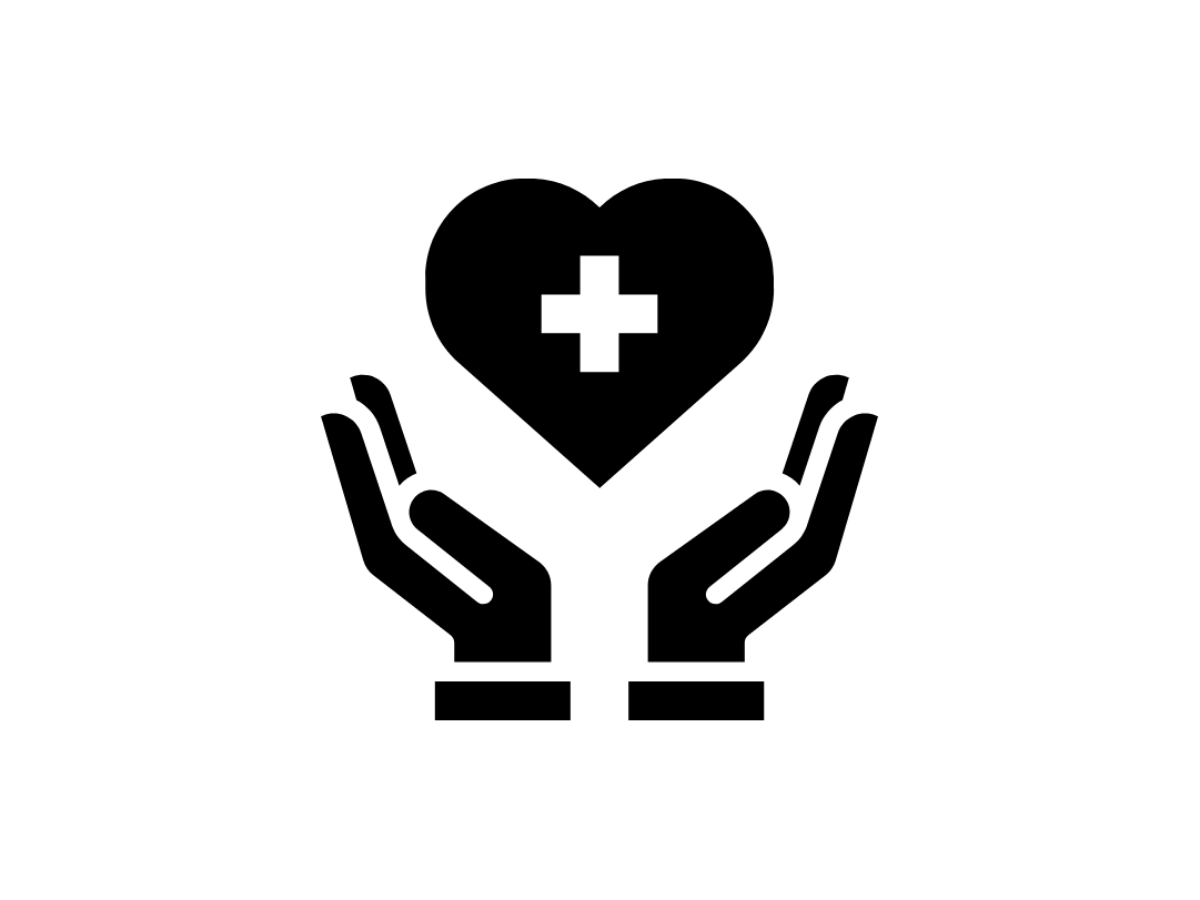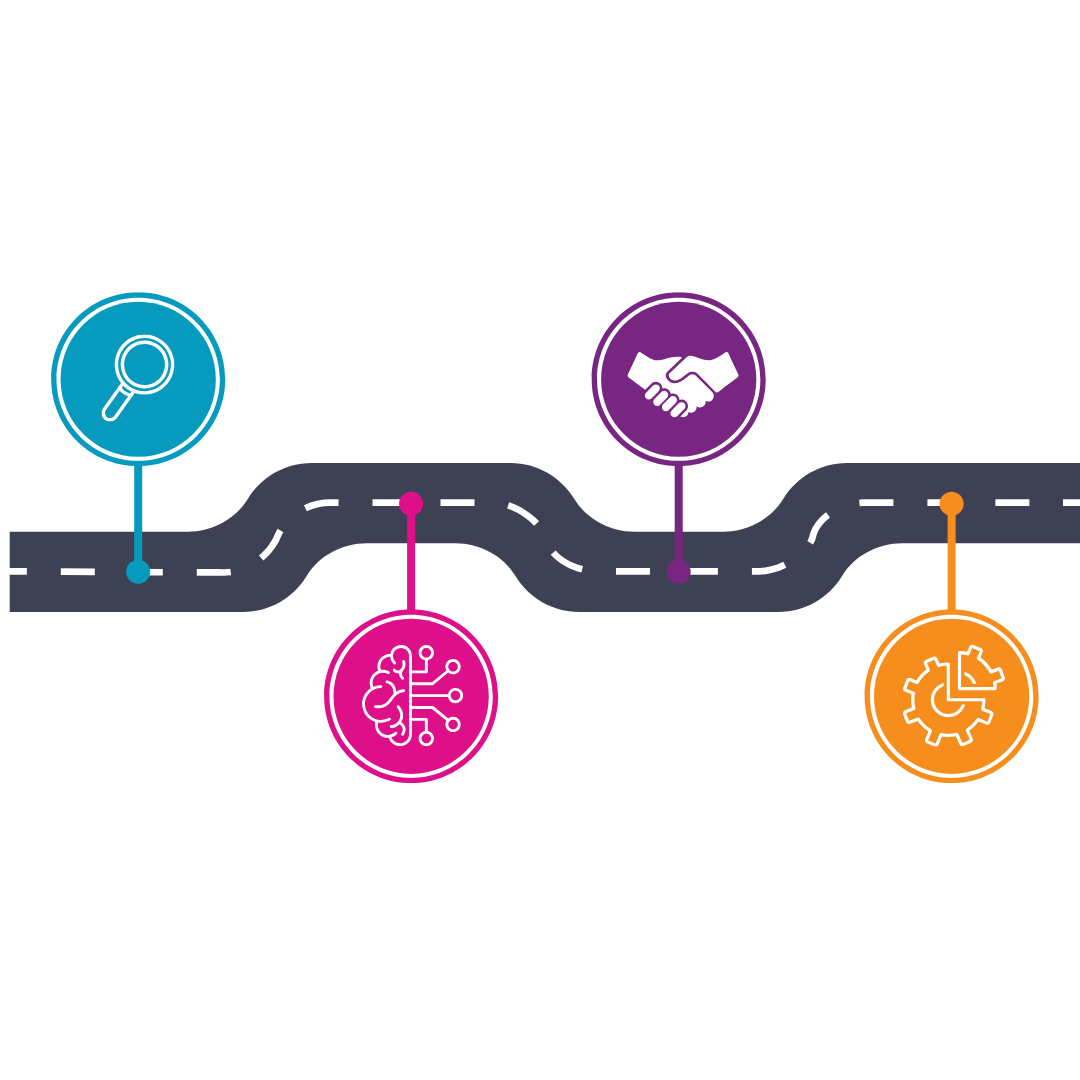What exactly does a healthcare consultant do—and does your organization need one? If you’ve ever wondered how outside experts help hospitals, practices, or digital health companies streamline operations, improve patient outcomes, or optimize revenue, this guide is for you. We’ll break down what healthcare consulting is, the different types of consultants, what they actually do day to day, and how to find the right fit for your organization’s goals.
So, What is Healthcare Consulting?
Healthcare consulting involves the provision of expert advice, strategic guidance, and operational support to healthcare organizations. Consultants in this field possess deep industry knowledge and experience, which they leverage to help clients navigate challenges, implement solutions, and achieve their organizational goals. The scope of healthcare consulting encompasses various facets of healthcare delivery, management, and administration, making it a versatile and indispensable resource for healthcare providers, payers, and related entities.
Different Types of Healthcare Consulting
- Strategic Consulting: Strategic consultants focus on long-term planning, growth strategies, and organizational development within the healthcare sector. They analyze market trends, competitive landscapes, and internal capabilities to formulate strategic initiatives that position their clients for sustainable growth and success. This may include advising on mergers, acquisitions, market expansion, and strategic partnerships to enhance market position and profitability.
- Operational Consulting: Operational consultants specialize in optimizing processes, workflows, and resource allocation within healthcare organizations. They conduct comprehensive assessments of current operations, identify inefficiencies, and recommend improvements to enhance operational efficiency, reduce costs, and improve overall performance metrics. Operational consulting often involves streamlining administrative processes, improving patient flow, optimizing staffing models, and implementing performance improvement initiatives.
- Financial Consulting: Financial consultants provide expertise in financial management, budgeting, revenue cycle management, and cost containment strategies tailored to the healthcare industry. They assist organizations in managing financial resources effectively, optimizing revenue streams, and navigating complex financial challenges such as reimbursement issues, healthcare reform impacts, and financial sustainability. Financial consulting plays a crucial role in ensuring fiscal responsibility, maximizing profitability, and maintaining financial health amidst evolving regulatory and economic landscapes.
- IT Consulting: IT consultants specialize in healthcare information technology (IT) systems, electronic health records (EHR), cybersecurity, and digital transformation initiatives. They advise on IT infrastructure development, system integration, data analytics, and telehealth solutions to enhance clinical workflows, improve patient care coordination, and ensure data security and regulatory compliance. IT consulting is essential for healthcare organizations seeking to leverage technology to enhance operational efficiency, clinical outcomes, and patient engagement in an increasingly digital healthcare environment.
- Clinical Consulting: Clinical consultants focus on improving clinical practices, patient care quality, and healthcare delivery outcomes. They collaborate with healthcare providers to implement evidence-based practices, clinical protocols, and quality improvement initiatives aimed at enhancing patient safety, clinical outcomes, and overall care experience. Clinical consulting also involves compliance with clinical guidelines, accreditation standards, and regulatory requirements to ensure adherence to best practices and patient care excellence.
- Legal and Compliance Consulting: Legal and compliance consultants specialize in healthcare laws, regulations, and ethical standards governing healthcare operations. They provide guidance on regulatory compliance, risk management, healthcare fraud and abuse prevention, HIPAA compliance, and healthcare accreditation requirements. Legal and compliance consulting helps healthcare organizations navigate legal complexities, mitigate legal risks, and uphold ethical standards while ensuring organizational integrity and regulatory adherence.
What Does a Healthcare Consultant Do?
A healthcare consultant serves as a trusted advisor and catalyst for change within healthcare organizations, collaborating closely with stakeholders to identify challenges, analyze data, develop strategies, and implement solutions. Their roles and responsibilities may include:
- Conducting comprehensive assessments and analyses of healthcare operations, financial performance, clinical outcomes, and regulatory compliance.
- Developing customized strategies, action plans, and performance improvement initiatives aligned with organizational goals and industry best practices.
- Providing expertise, insights, and recommendations to optimize processes, enhance efficiency, reduce costs, and improve patient care quality.
- Facilitating change management initiatives, training programs, and organizational development efforts to foster a culture of continuous improvement and innovation.
- Monitoring and evaluating the effectiveness of implemented solutions, measuring performance metrics, and adjusting as needed to achieve desired outcomes.
- Collaborating with interdisciplinary teams, healthcare professionals, executives, and external stakeholders to drive consensus, alignment, and sustainable change within the organization.
Healthcare consultants leverage their industry knowledge, analytical skills, and strategic acumen to address complex challenges, capitalize on opportunities, and drive operational excellence and clinical excellence within healthcare organizations.
Key Benefits of Healthcare Consulting
- Specialized Expertise: Healthcare consultants bring specialized knowledge, skills, and experience that complement and enhance the capabilities of healthcare organizations. They offer insights into industry trends, best practices, and innovative solutions that may not be readily available internally, enabling organizations to stay ahead of the curve and achieve strategic objectives effectively.
- Improved Operational Efficiency: By identifying inefficiencies, streamlining processes, and optimizing resource allocation, consultants help healthcare organizations operate more efficiently and effectively. This leads to reduced costs, enhanced productivity, and improved service delivery, ultimately benefiting patients, staff, and stakeholders alike.
- Enhanced Patient Care Quality: Through clinical consulting, quality improvement initiatives, and patient-centered care strategies, consultants contribute to improved clinical outcomes, patient safety, and care experiences. They collaborate with healthcare providers to implement evidence-based practices, clinical guidelines, and quality metrics that elevate the standard of care and promote positive patient outcomes.
- Strategic Growth and Development: Strategic consultants provide valuable insights and guidance to healthcare organizations seeking to expand market presence, develop new service lines, and capitalize on growth opportunities. They assist in strategic planning, market analysis, and competitive positioning to strengthen organizational capabilities and achieve sustainable growth in a competitive healthcare landscape.
- Financial Sustainability: Financial consultants play a critical role in ensuring financial sustainability and resilience for healthcare organizations. They help manage financial resources, optimize revenue cycles, mitigate financial risks, and navigate reimbursement challenges to maintain fiscal health and viability amidst evolving economic and regulatory pressures.
- Compliance and Risk Management: Legal and compliance consultants help healthcare organizations navigate complex regulatory landscapes, mitigate legal risks, and ensure compliance with healthcare laws, regulations, and ethical standards. They provide guidance on regulatory requirements, healthcare fraud prevention, HIPAA compliance, and ethical practices to uphold organizational integrity and mitigate legal and reputational risks.
How to Find the Best Healthcare Consultant
Selecting the right healthcare consultant requires careful consideration of several factors to ensure alignment with organizational needs, values, and objectives:
- Industry Experience and Expertise: Look for consultants with a proven track record and specialized expertise in your specific area of need (e.g., strategic planning, operational efficiency, clinical quality improvement). Consider their industry experience, professional qualifications, certifications, and successful case studies or client testimonials.
- Reputation and References: Seek recommendations from trusted sources within the healthcare industry, such as colleagues, professional networks, and industry associations. Review consultant credentials, client references, online reviews, and testimonials to assess their reputation, reliability, and track record of success.
- Customized Approach and Solutions: Choose a consultant who understands your unique challenges, organizational culture, and strategic goals. Look for consultants who offer customized solutions tailored to your specific needs rather than generic or one-size-fits-all approaches.
- Collaborative Partnership: Select a consultant who values collaboration, teamwork, and open communication. Effective consultants engage stakeholders, listen actively to client needs and concerns, and work collaboratively with internal teams to achieve shared goals and sustainable outcomes.
- Clear Communication and Transparency: Effective communication is essential for successful consulting engagements. Choose a consultant who communicates clearly, articulates recommendations, and provides regular updates on project progress, milestones, and outcomes.
- Ethical Standards and Professionalism: Verify that the consultant adheres to ethical standards, maintains confidentiality, and upholds professional integrity in their consulting practice. Consider consultants who are members of reputable professional organizations that promote ethical standards and excellence in consulting.
- Cost and Return on Investment (ROI): Evaluate the cost of consulting services in relation to the expected return on investment and long-term benefits for your organization. While cost is important, prioritize consultants who offer value through their expertise, insights, and ability to deliver measurable results that contribute to organizational success and sustainability.
Conclusion
Healthcare consulting is instrumental in driving operational excellence, enhancing patient care quality, and navigating the complexities of the healthcare industry. Consultants provide valuable expertise, strategic guidance, and innovative solutions that empower healthcare organizations to achieve their goals, optimize performance, and deliver exceptional care to patients.
Whether you are seeking strategic planning, operational efficiency improvements, clinical quality enhancements, IT optimization, or compliance guidance, partnering with the right healthcare consultant can make a significant difference in achieving sustainable growth, operational excellence, and patient-centered care.
By leveraging the specialized knowledge, experience, and strategic insights of healthcare consultants, organizations can navigate challenges, capitalize on opportunities, and thrive in a competitive healthcare landscape while maintaining a steadfast commitment to delivering high-quality care and improving patient outcomes.



